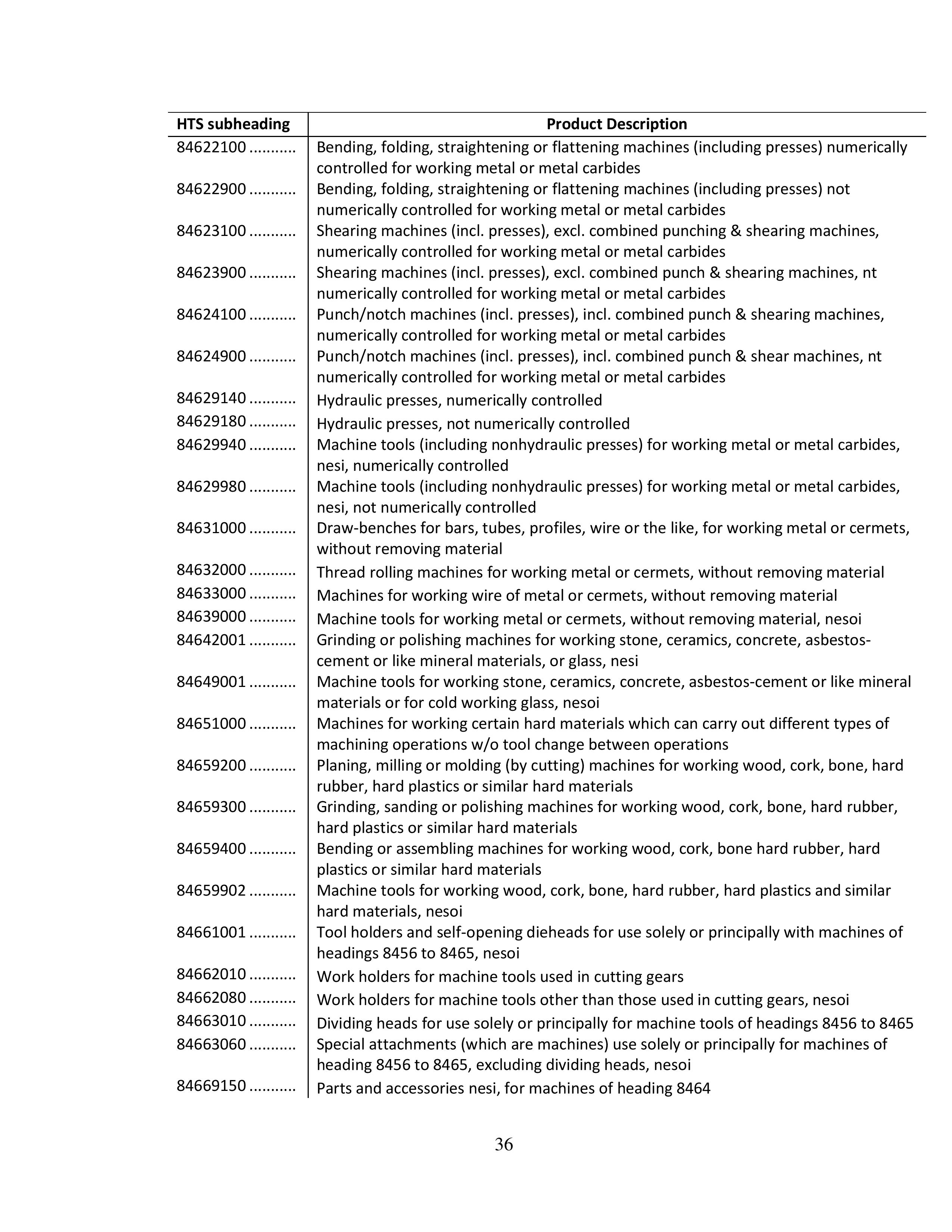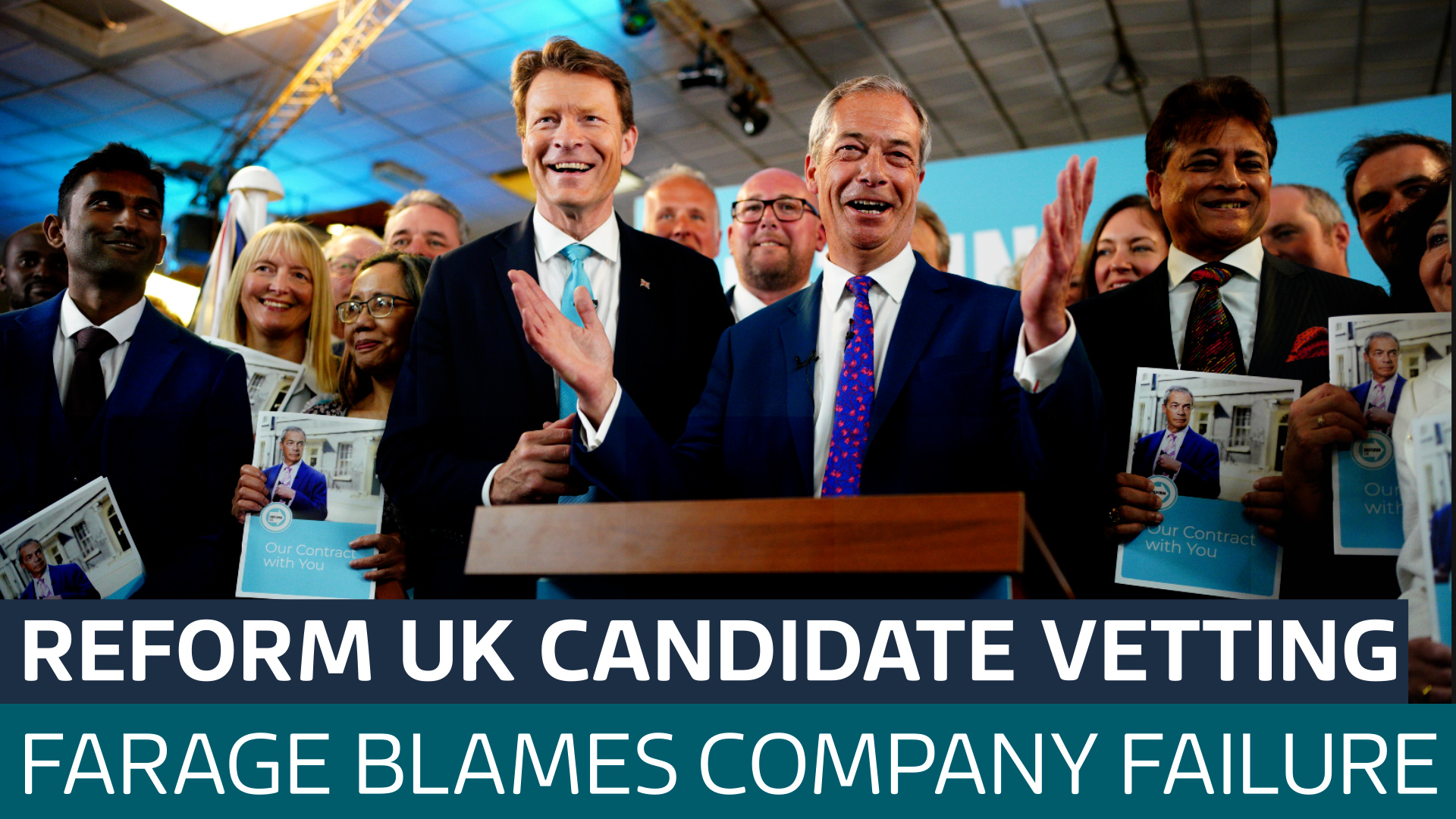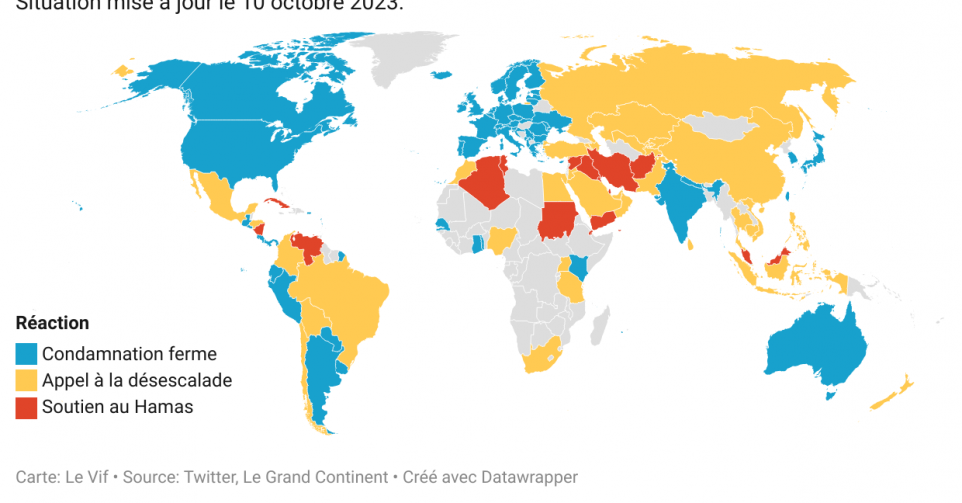Lawsuit Claims Fortnite's In-Game Store Misleads Consumers

Table of Contents
The Core Allegations of the Lawsuit
The lawsuit against Epic Games centers on accusations of deceptive marketing and unfair practices within Fortnite's in-game store. The plaintiffs claim that several aspects of the store's design and functionality are intentionally misleading, designed to pressure players into making unnecessary purchases. Key allegations include:
-
Misleading Representations of Item Rarity: The lawsuit alleges that the rarity labels used for in-game items (e.g., "Rare," "Epic," "Legendary") do not accurately reflect the true odds of obtaining those items. This creates a false sense of value and encourages players to spend more in pursuit of rarer items.
-
Lack of Transparency Regarding Odds: Critics argue that Epic Games fails to transparently disclose the probability of obtaining specific items from loot boxes or other random item drops. This lack of transparency makes it difficult for players to make informed purchasing decisions.
-
Pressure Tactics and Manipulative Design: The lawsuit claims that the in-game store's design utilizes psychological manipulation techniques, such as limited-time offers and aggressive marketing, to pressure players into impulsive purchases. The constant stream of new items and events creates a sense of urgency and FOMO (fear of missing out).
-
Targeting of Underage Players: A significant concern raised in the lawsuit is Epic Games' alleged targeting of underage players with aggressive marketing tactics. Children and adolescents are particularly vulnerable to manipulative marketing strategies and may be less likely to understand the financial implications of their in-game spending.
Examples of Misleading Practices
The lawsuit provides several concrete examples to support its claims. These examples highlight alleged misleading practices within Fortnite's in-game store:
-
Analysis of Loot Box Odds: Independent analyses of Fortnite's loot box mechanics have allegedly revealed discrepancies between the advertised rarity of items and the actual probabilities of obtaining them. This suggests a deliberate misrepresentation of the odds to incentivize spending.
-
Misleading Marketing Materials: The lawsuit points to specific examples of marketing materials – promotional videos, in-game banners, and social media posts – that allegedly misrepresent the value or likelihood of obtaining certain items. These materials may exaggerate the desirability of items or create a false sense of scarcity.
-
Psychological Manipulation: The lawsuit argues that the design of the Fortnite in-game store utilizes psychological manipulation techniques, such as employing bright colors, countdown timers, and limited-time offers, to create a sense of urgency and encourage impulsive purchases. The use of V-Bucks, Fortnite's in-game currency, further complicates the purchasing process and obscures the actual cost of items.
The Impact on Consumers and the Gaming Community
The alleged misleading practices within Fortnite's in-game store have significant implications for consumers and the broader gaming community:
-
Financial Losses: Many players report significant financial losses due to their in-game spending, often exceeding their intended budgets. The deceptive nature of the store's mechanics allegedly contributes to these losses.
-
Gaming Addiction and Problem Gambling: Excessive spending on in-game items can lead to gaming addiction and problem gambling behaviors, particularly among vulnerable populations like children and adolescents. The lawsuit highlights the potential for Fortnite's in-game store to exacerbate these issues.
-
Call for Greater Consumer Protection: The lawsuit underscores the need for stronger consumer protection measures within the gaming industry. It raises concerns about the lack of transparency and regulation surrounding in-game purchases, particularly loot boxes and microtransactions.
Epic Games' Response and Potential Outcomes
Epic Games has yet to issue a comprehensive public statement directly addressing the specific allegations in the lawsuit. However, the potential outcomes of this legal battle could be far-reaching:
-
Financial Penalties: If found liable, Epic Games could face substantial financial penalties for deceptive marketing practices.
-
Changes to In-Game Store Practices: The lawsuit may lead to significant changes in Fortnite's in-game store, including increased transparency regarding loot box odds and a redesign of the store's interface to mitigate manipulative design elements.
-
Industry-Wide Regulation: The outcome of the lawsuit could influence the future regulation of in-game purchases across the gaming industry, potentially leading to stricter guidelines and greater consumer protection.
Conclusion
The lawsuit against Epic Games highlights serious concerns regarding deceptive marketing and exploitative practices within Fortnite's in-game store. The allegations of misleading representations, lack of transparency, and manipulative design raise important questions about consumer protection in the gaming industry. Staying informed about the progress of this lawsuit and practicing responsible spending in all in-game stores is crucial. Further research into consumer rights and responsible gaming practices is encouraged. For more information on consumer protection, visit [link to relevant consumer protection website]. The Fortnite in-game store controversy serves as a stark reminder of the need for greater transparency and ethical considerations within the gaming industry to protect consumers from misleading advertising and manipulative microtransactions.

Featured Posts
-
 Ghanas Mental Health Crisis A Stark Reality Of 80 Psychiatrists For 30 Million
May 03, 2025
Ghanas Mental Health Crisis A Stark Reality Of 80 Psychiatrists For 30 Million
May 03, 2025 -
 Is Joe Biden Responsible For The Slowing Us Economy A Critical Analysis
May 03, 2025
Is Joe Biden Responsible For The Slowing Us Economy A Critical Analysis
May 03, 2025 -
 Loyle Carner Returns With Poignant New Singles All I Need And In My Mind
May 03, 2025
Loyle Carner Returns With Poignant New Singles All I Need And In My Mind
May 03, 2025 -
 Us Tariffs Prompt Brookfield To Re Evaluate Manufacturing Plans
May 03, 2025
Us Tariffs Prompt Brookfield To Re Evaluate Manufacturing Plans
May 03, 2025 -
 Nigel Farage And The Rising Influence Of Reform Uk
May 03, 2025
Nigel Farage And The Rising Influence Of Reform Uk
May 03, 2025
Latest Posts
-
 Le Role De L Aide Humanitaire A Gaza L Avertissement De Macron Face A La Menace D Une Militarisation Israelienne
May 04, 2025
Le Role De L Aide Humanitaire A Gaza L Avertissement De Macron Face A La Menace D Une Militarisation Israelienne
May 04, 2025 -
 L Aide Humanitaire A Gaza Sous Surveillance Macron Exprime Ses Inquietudes Sur Une Militarisation Israelienne
May 04, 2025
L Aide Humanitaire A Gaza Sous Surveillance Macron Exprime Ses Inquietudes Sur Une Militarisation Israelienne
May 04, 2025 -
 Gaza Macron Condamne La Militarisation Envisagee De L Aide Humanitaire Par Israel
May 04, 2025
Gaza Macron Condamne La Militarisation Envisagee De L Aide Humanitaire Par Israel
May 04, 2025 -
 The Snp And Reform Uk Farages Comments On The Upcoming Holyrood Election
May 04, 2025
The Snp And Reform Uk Farages Comments On The Upcoming Holyrood Election
May 04, 2025 -
 Tensions A Gaza Macron S Inquiete De La Militarisation Possible De L Aide Humanitaire
May 04, 2025
Tensions A Gaza Macron S Inquiete De La Militarisation Possible De L Aide Humanitaire
May 04, 2025
